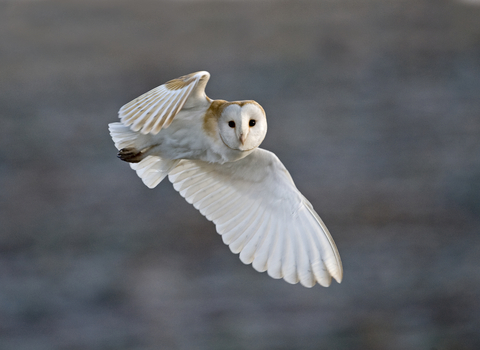A survey commissioned by People’s Postcode Lottery has found environmental charities and organisations hold the power to motivate people to act and change their ways when it comes to their own impact on the environment.
While respondents ranked governments as having top responsibility for tackling climate change, the poll found information from environmental charities to be the key driving force in encouraging people to adopt low carbon lifestyles.
Charities came out on top with respondents across Britain as a trusted information source and the leading motivator in encouraging climate friendly behaviour with respondents across Britain, scoring more highly than anything they see in the news.
According to the survey, what politicians say is the least motivating factor in encouraging the British public to reduce their environmental impact, scoring joint last alongside what they see on social media.*
As a reliable source of motivation and information, the research highlights the third sector has a vital role to play in communicating to the public the importance of reducing their environmental impact, and how they can do that.
72% of those who answered expressed an interest in learning more about what they can do to reduce their environmental impact and over half, 57%, recognise that they are not currently doing enough.
Published ahead of the COP26 climate summit, the survey is part of a report called From Attitude to Action: Environmental concerns and behaviours in Britain. It was conducted by Survation and designed by Diffley Partnership.
4,227 adults spanning all generations were polled across England, Scotland and Wales, measuring their understanding of the climate and nature emergencies, and the barriers they face in adopting more climate friendly behaviour.
The study also found 91% of Britain’s grans and grandads are fearful of the ways climate change will impact future generations and share the same worries as their younger Generation Z and Millennial counterparts.
80% of grandparents polled feel the climate emergency should be treated as an urgent problem to resolve as do 80% of 16 to 34-year-olds. The findings defy the notion that worries over the issue are limited to 18-year-old environmental activist Greta Thunberg’s generation.
Clara Govier, managing director of People’s Postcode Lottery said: “Our players are one of Britain’s biggest fundraisers for environmental charities. These organisations and the third sector already play an important and active role in delivering global climate change programmes and now, these findings show they are an even greater force for good.
“As highly trusted sources of information, it’s clear that environmental good causes are a key piece of the tackling the climate crisis puzzle. The research points to further opportunities, and a need, for the sector and its role in increasing a pro-environmental behaviour change in the public by communicating the ways in which people can make a difference.
“It’s heartening to learn there is such strong, cross-generational support for climate action and to see the crucial role played by environmental charities being recognised by the British public in this way.”
Over £148 million has been raised by People’s Postcode Lottery players in the past five years for 2,500 good causes working for climate action. Including £28.2 million worth of funding for Friends of the Earth and The Wildlife Trusts, which worked in partnership on the survey.




